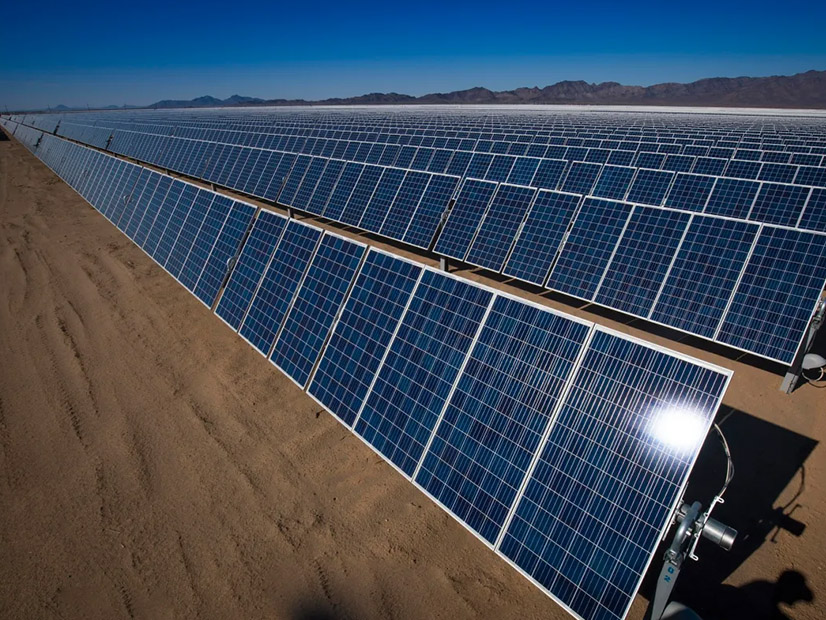The New Jersey Board of Public Utilities on April 17 approved eight projects with solar capacity totaling 310 MW in its second solicitation for grid-scale projects, nine months after declining to support any bids in the first solicitation due to cost.
The board received 14 proposals in response to its solicitation for 300 MW through the state’s Competitive Solar Incentive (CSI) program. The capacity selected includes 92 MW of storage that was paired with two of the projects. Five of the eight projects are for “basic grid supply” while the other three will be on contaminated sites and landfills. The BPU did not approve any projects in the “grid supply on the built environment” category, which includes rooftops, or the category for net metered residential projects larger than 5 MW.
Four of the approved projects have a capacity of more than 50 MW, and the remainder are between 2.7 and 13 MW. The largest, the 95-MW Harmony Plains Solar, will be in Harmony Township in Western New Jersey and cover 383 acres.
BPU President Christine Guhl-Sadovy called the board’s decision “very exciting” in its ability to “bring solar through a competitive process, as well as this first energy storage project.”
“It was terrific result,” said Fred DeSanti, executive director of the New Jersey Solar Energy Coalition. After the first solicitation failed in July, DeSanti expressed skepticism that developers would be able to submit low enough bids for the agency. “The number of projects, the size of the projects; [we’re] very happy.”
He said he was especially surprised with the board’s decision to award more than the target combined capacity.
“This is a very positive signal for the solar community in New Jersey,” he said. “It shows the state is still very dedicated to moving forward and in a big way.”
Ed Potosnak, executive director of the New Jersey League of Conservation Voters, said the solicitation showed the state’s “ongoing commitment for a 100% clean energy future.”
The CSI program is seen by officials as a key element in reaching the state’s solar capacity goals of 12.2 GW of solar energy by 2030 and 17.2 GW by 2035. Those are well above the nearly 4.8 GW installed in the state as of Feb. 29, of which 815 MW — or less than 2% — is grid-scale, according to BPU figures.
The BPU designed the CSI program to set incentive levels for grid-supply projects — those selling into the wholesale markets — through market forces. Developers bid the lowest level of Solar Renewable Energy Certificates they would need to complete the project, and the BPU backs projects based on the highest bids.
In declining to award bids in the first solicitation, BPU officials said they exceeded their agency’s confidential price caps. They suggested at the time that the pricey submissions were because of the high level of economic and regulatory uncertainty nationwide, as well as higher-than-historic costs, which all impacted the development of larger-scale solar. (See NJ Rejects Solar Bids as Too Expensive.)
Lyle Rawlings, president of Mid-Atlantic Solar & Storage Industries Association, said the solicitation’s outcome is “good for the sector.” He said it is difficult to know whether developers submitted less expensive bids in the second solicitation or the BPU loosened its standards because the agency does not reveal what it considers acceptable.
“There’s no data to tell us and no way to find out definitively whether they raised the cap, or whether the developers sharpened their pencils and lowered the prices,” he said. “If I were to guess I would say a little of both. I suspect that the BPU adopted a more reasonable price cap, and the development community noted that they all lost last time.”



